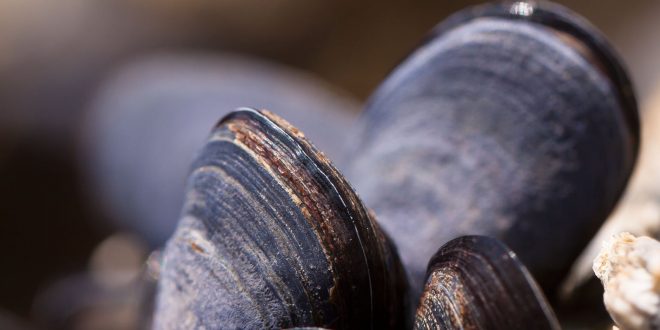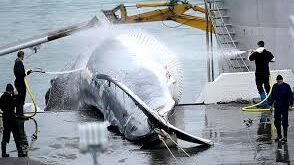Christina Hua
California is known for its beaches up and down it’s coast, many of which retain their warm waters year round. Unfortunately for the mussels in Bodega Bay, the heat isn’t something to be happy about. Due to the recent heatwave, the waters in Bodega Bay have reached up to 100° F, cooking the mussels in their shells. People have been finding mussels along the rocks with their mouths open and insides completely cooked.
Mussels are an important factor in the aquatic ecosystem, acting as a shelter for many animals. The sudden death of a vast population of mussels is impacting nearby marine life, since mussels are a foundational species, which means they have a strong role in structuring an ecological community.
Unfortunately for other marine life in Bodega Bay, the death of mussels isn’t the main problem. The death of mussels are only a side effect of the sudden rise of water temperatures. Because of the warmer waters, shellfish are breaking, kelp and coral are dying, and starfish are melting.
There was another recorded event of a heat wave disaster happening back in 2004, but scientists seem to all agree that this case is far more severe than the one before. Since this kind of heat wave isn’t a very common occurrence, scientists are still trying to figure out how to record enough data. Contributing to the effort, ecologist Brian Helmuth from Northeastern University designed a robot mussel that could measure and log temperatures that an animal might feel during severe climate changes.
Though this is another case of ‘death by climate change’, it seems that people are starting to give up on the idea of being able to revert climate change, and instead are beginning to think of ways to prepare for it.
 Tempus Magazine By Students, For Students
Tempus Magazine By Students, For Students 



